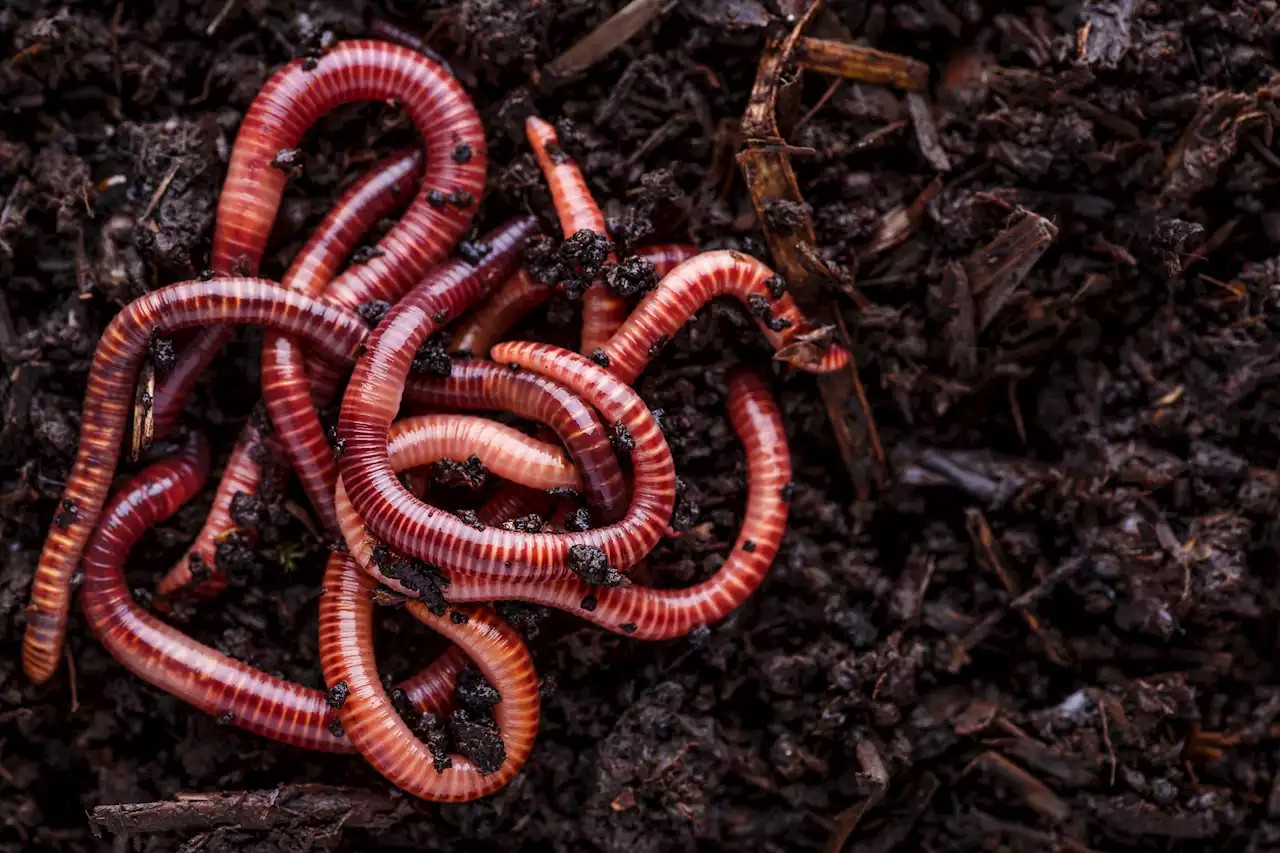The wind-measuring satellite reentered the atmosphere over Antarctica burning up far from population centers. Earth as far away from population centers as possible as up to one quarter of the satellite was expected to make it all the way down to the surface.
as far away from population centers as possible as up to one quarter of the satellite was expected to make it all the way down to the surface.
ESA's Space Debris Office used data collected during the final orbit of Aeolus together with data from U.S. Space Command to build a map that shows the approximate location of the spacecraft's disintegration in Earth's atmosphere. This process was believed to have destroyed around 80% of the spacecraft, but the map was also able to determine where in the Atlantic Ocean the remaining 20% was dispersed.
At six minutes after reentry, the team marked the location at which any surviving pieces would have fallen into the ocean. There are no plans to recover these fragments, which would have quickly sunk to the sea floor. The achievement of landing the craft minutes from its target is even more impressive, considering that Aeolus was traveling at around 17,000 miles per hour , about 11 times faster than the top speed of a fighter jet.
United States Latest News, United States Headlines
Similar News:You can also read news stories similar to this one that we have collected from other news sources.
 Marvel: Crisis Protocol - Earth’s Mightiest Core Set RevealedGet a look at the new additions to MarvelCrisisProtocol, as we get a decent view of the Earth’s Mightiest Core Set coming this Fall. Tabletop Marvel
Marvel: Crisis Protocol - Earth’s Mightiest Core Set RevealedGet a look at the new additions to MarvelCrisisProtocol, as we get a decent view of the Earth’s Mightiest Core Set coming this Fall. Tabletop Marvel
Read more »
 Scientists Regrow Retinal Cells in The Lab Using NanotechnologyIn efforts to tackle the leading cause of blindness in developed countries, researchers have recruited nanotechnology to help regrow retinal cells.
Scientists Regrow Retinal Cells in The Lab Using NanotechnologyIn efforts to tackle the leading cause of blindness in developed countries, researchers have recruited nanotechnology to help regrow retinal cells.
Read more »
 Scientists revived a worm that was frozen in permafrost for 46,000 yearsA worm that was previously frozen in permafrost has been revived after being frozen for over 46,000 years.
Scientists revived a worm that was frozen in permafrost for 46,000 yearsA worm that was previously frozen in permafrost has been revived after being frozen for over 46,000 years.
Read more »
 Pfizer’s Covid Boost Crashes to EarthPandemic-era sales of Pfizer’s Covid-19 vaccine and drug lifted the company’s sales to record highs, but its performance now has hit hard reality. Executives have a plan to restore growth
Pfizer’s Covid Boost Crashes to EarthPandemic-era sales of Pfizer’s Covid-19 vaccine and drug lifted the company’s sales to record highs, but its performance now has hit hard reality. Executives have a plan to restore growth
Read more »
 It’s winter in Antarctica, but scientists just grew watermelons thereAt Vostok Station in Antarctica, July means miserably low temperatures and almost perpetual darkness. But this winter brought Russian scientists living on the station a special treat: watermelons grown there as part of ongoing agricultural experiments.
It’s winter in Antarctica, but scientists just grew watermelons thereAt Vostok Station in Antarctica, July means miserably low temperatures and almost perpetual darkness. But this winter brought Russian scientists living on the station a special treat: watermelons grown there as part of ongoing agricultural experiments.
Read more »
 US scientists repeat fusion power breakthrough, Financial Times reportsU.S. government scientists have achieved net energy gain in a fusion reaction for the second time since December last year, the Financial Times reported on Sunday.
US scientists repeat fusion power breakthrough, Financial Times reportsU.S. government scientists have achieved net energy gain in a fusion reaction for the second time since December last year, the Financial Times reported on Sunday.
Read more »
